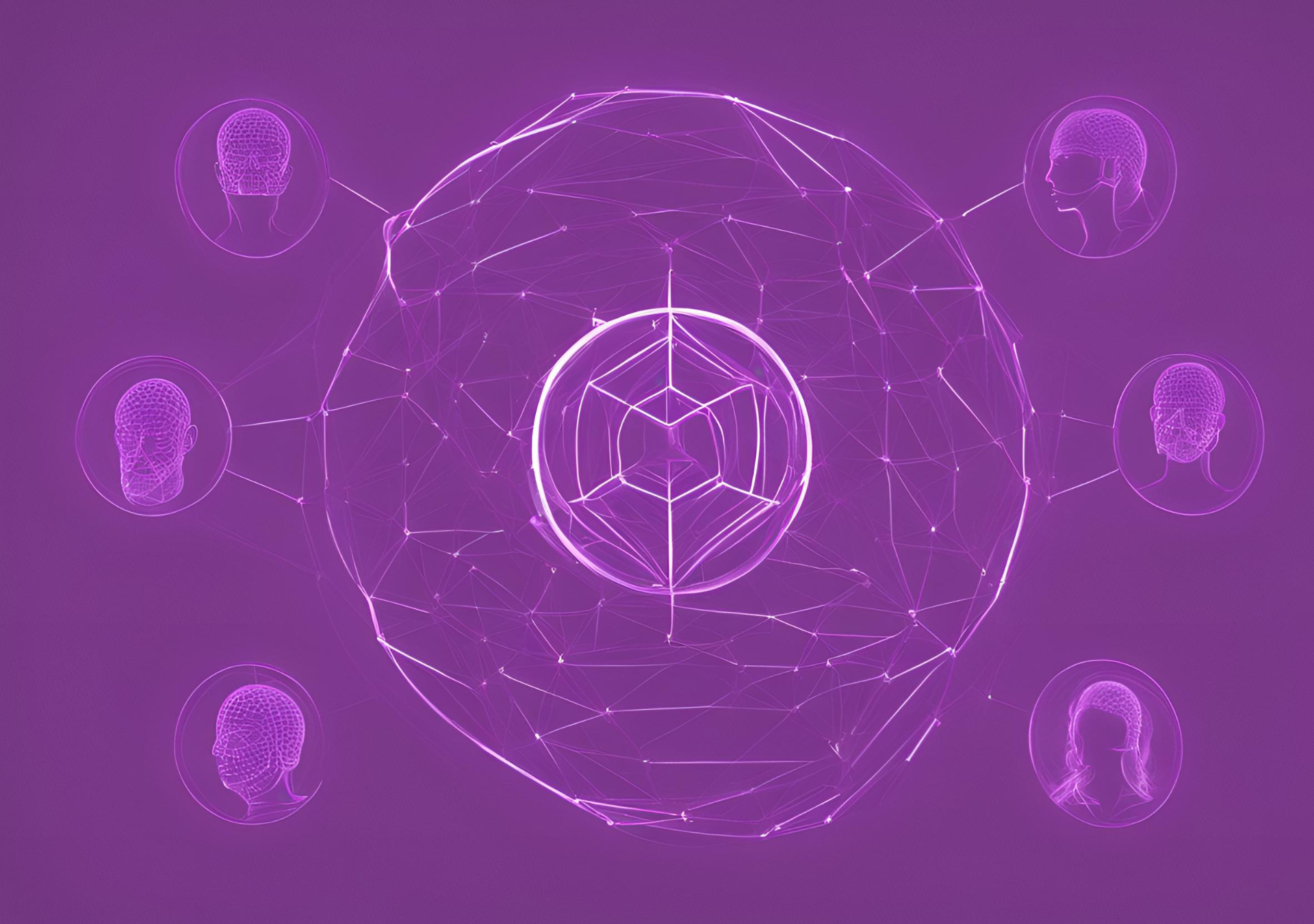Self-Sovereign Identity (SSI) is an innovative concept that puts individuals in control of their digital identities, enabling them to manage and share their personal information securely and autonomously. In a world where digital interactions are increasingly prevalent, SSI offers a solution to the challenges of privacy, security, and data control. In this blog post, we will explore SSI, its underlying technologies, and its potential to reshape the digital landscape.
What is Self-Sovereign Identity (SSI)? SSI refers to a framework in which individuals have ownership and control over their digital identities. It allows individuals to create and manage their identities independently, without relying on centralized authorities or intermediaries. SSI is built upon principles of user-centricity, privacy, and data minimization.
Underlying Technologies of SSI:
- Decentralized Identifiers (DIDs): DIDs are unique identifiers that are generated by individuals or organizations. They serve as the foundation of SSI, providing a way to establish a persistent and globally unique identity that is not tied to any centralized entity. DIDs are recorded on distributed ledgers, such as blockchains, ensuring transparency and immutability.
- Verifiable Credentials: Verifiable credentials are digital representations of personal information that are issued by trusted entities, such as government agencies, educational institutions, or employers. These credentials are cryptographically signed and can be independently verified, allowing individuals to selectively disclose specific information without revealing unnecessary details.
- Digital Wallets: Digital wallets are the tools used by individuals to store and manage their digital identities and verifiable credentials. These wallets, often based on secure mobile applications, enable individuals to control the sharing and presentation of their personal information in a secure and user-friendly manner.
Potential Benefits of SSI:
- Privacy and Control: SSI puts individuals in control of their personal data, allowing them to choose when and with whom to share their information. By utilizing verifiable credentials, individuals can selectively disclose only the necessary data required for a particular transaction, minimizing unnecessary exposure of personal information.
- Enhanced Security: SSI reduces the reliance on centralized databases and minimizes the risk of data breaches and identity theft. With SSI, personal data is distributed across a network of decentralized systems, making it more resilient to hacking attempts.
- Streamlined Digital Interactions: SSI simplifies digital interactions by eliminating the need for repetitive identity verification processes. With verifiable credentials, individuals can quickly and securely prove their identities and access services without the need for lengthy registration processes or manual document submission.
- Interoperability and Portability: SSI allows for interoperability between different platforms and systems. Individuals can use their digital identities across various services and organizations, reducing the need for creating multiple accounts and managing separate login credentials. This portability enhances convenience and user experience.
- Empowering the Unbanked and Underserved: SSI has the potential to provide digital identities to individuals who have limited access to traditional identification systems. This can help empower the unbanked and underserved populations, enabling them to access financial services, healthcare, education, and other essential services that require reliable identification.
Challenges and Considerations:
- Adoption and Standards: Widespread adoption of SSI requires collaboration and standardization among various stakeholders, including governments, organizations, and technology providers. Establishing common protocols and interoperable systems will be crucial to realizing the full potential of SSI.
- Governance and Trust: Trust is a critical aspect of SSI. Establishing trusted issuers of verifiable credentials and ensuring the integrity of the underlying systems are essential for individuals to place confidence in the SSI framework.
- Legal and Regulatory Frameworks: The development of legal and regulatory frameworks around SSI is necessary to address issues of privacy, data protection, liability, and dispute resolution.





